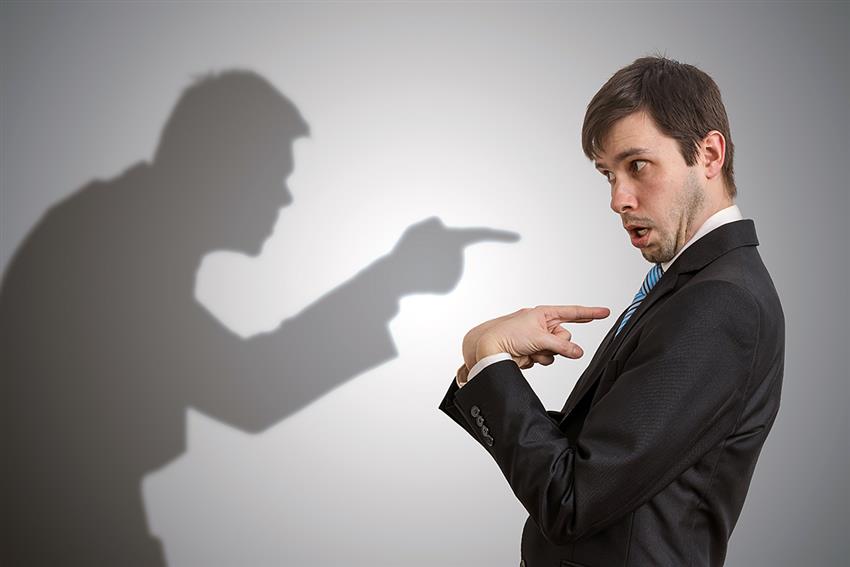
Do you, like me, bristle as you hear the political class playing the blame game?
Seldom have we been so inundated with such a plethora of reports, inquiries, Royal Commissions and sundry investigations into past blunders. The Ruby Princess episode springs to mind, but there are many others. They all have something in common. They address the same question: ‘What happened?’ The oft-repeated rationale for the question is that we need to know this so that we can avoid it happening again. That is nonsense. What has happened is usually patently obvious to anyone reading the report of the event, and how to avoid a recurrence equally obvious. While how to avoid a repetition sounds a reasonable aim, the actual motivation is to apportion blame.
The political class revels in the blame game. It is another form of adversarial behaviour masquerading as legitimate discourse. We wrote about this in
Is adversarial behaviour damaging our democracy?
As soon as a report is released, politicians do not ask how ‘How did we mess up so badly’. Instead, they first seek to find someone or some body to blame. They usually begin by asserting: ‘It wasn’t us’. Political opponents are then targeted with vigour. Even-handedness in apportioning blame is not an option. Scoring political points and damaging the reputation of opponents, is all that counts.
We are surprised when a politician concedes an error; we expect that such a concession will be accompanied by
‘Our opponents did the same’. When a minister makes a blunder, no matter how monumental, colleagues spring to his defence. We saw this recently when minister Colbeck showed his ineptitude so starkly. Yet he was defended by his colleagues and his spineless ‘leader’ did not sack him, as he should have.
I won’t burden you with a long recital of examples of the blame game. Just think of Donald Trump.
When did you ever hear him accept blame for anything?
When challenged with America’s surging unemployment, he insists that, rather than being to blame, he is tackling it with outstanding success. When challenged with America’s faltering economy, he not only refuses to accept blame, but asserts that it is booming as never before due to his superior management.
When asked about the wild spread of COVID-19, he insists he’s not to blame, refuses to accept that his unpreparedness is responsible and even disputes the extent of the epidemic in the US, and the hundreds of thousands of deaths that have already occurred. Who will forget the interview he had with aspiring journalist Jonathan Swan, who challenged him so stylishly with a set of uncomfortable facts that laid the blame at his feet. He was not about to accept Swan’s assertions; he had alternative facts of his own, which he lamely offered on pieces of paper. When Swan retorted: ‘You can’t do that’, Trump looked astonished. In his world, he can do or assert whatever he likes.
In our own country the blame game is in full swing. Who is to blame from the spread of the virus in Victoria? Dan Andrews is the prime target of his opponents, but the ‘bungled’ hotel security arrangements comes a close second; again Chairman Dan the culprit. Opposition leader O’Brien has his daily whinge about Andrews’ ‘bungles’, laying the blame heavily on the Premier for anything that is not going well.
Do politicians realise how much voters despise them when they play the blame game? They seem oblivious to the disdain they attract, as they do in so many other instances. They live in their Canberra bubble disconnected from the real world outside. They are elected to understand the issues that affect us and the problems that beset us, yet how often do they offer us understanding, comfort, reassurance and advice. They let us down collectively, and often individually as well.
When politicians play the blame game, they demean themselves. Yet they seem oblivious to the harm they do to the political class, and the disdain they evoke. Will the ever wake up? I doubt it.
Current rating: 5 / 5 | Rated 27 times